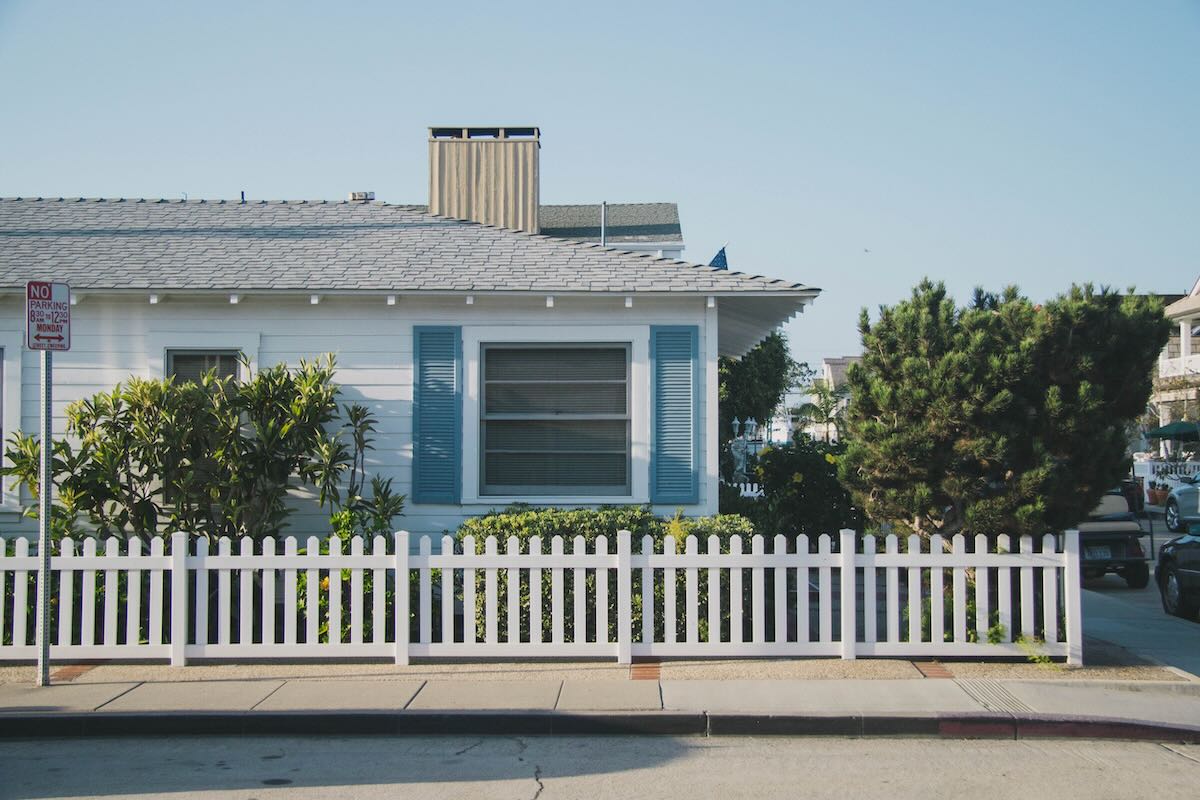Week Ending May 6

This week ending May 6 has all been about Guy Lafleur.
He is England’s Sir Bobby Charlton, Australia’s Don Bradman, Brazil’s Pele. His importance to Quebecers and, to a lesser degree, other Canadians, matches that of Maradona for Argentinians. Flair, dash, love of life. Anywhere they play ice hockey, Guy remains an icon. Sadly, he passed away on April 22nd of lung cancer. He was only 70.
He played on the “glamorous Canadiens” of the Seventies – a team that won six Stanley Cup championships in the decade. On the day he died, the New York Times declared that: “Even on that team he was a rockstar”. A great player, but his humility and generosity surpassed his on-ice performance.
So many stories!
Perhaps my favourite, courtesy of hockey hall of fame and teammate, Larry Robinson:
Lafleur got up in the dressing room and smashed his stick on the water-bottle table . The team readied for an unusual pep talk from their star. Guy then chirps “C’mon guys – you know why we play hockey! We didn’t want to go to school”.
Other topics:
- The US Supreme Court
- Fictosexuals – do they have their own pronouns?
- The disappearing questions – What & Why Piers Morgan and TalkTV
The US Supreme Court
For the past several weeks, I have avoided (or at least I have tried to avoid) overt criticism of the US However, I had to include something on the politicization of its Supreme Court this week. So this opinion piece from Monocle:
Legal trouble
It’s one of the contradictions of a liberal democracy that, while we believe that voters have the right to decide who governs them, we consider the independence of courts to be essential to the smooth functioning of the system. It’s why any elected governments that seek greater control over their judiciaries – here’s looking at you, Poland and Hungary – are ominously warned of the slippery slope to autocracy that follows.
How do you achieve that independence? By keeping electoral politics out of it. Judges nominated to Germany’s Federal Constitutional Court, for example, require a two-thirds majority of lawmakers to be approved, making it almost impossible for one political party to control the process. The UK takes nominations out of politicians’ hands altogether: the Supreme Court’s 12 justices are appointed by an independent commission. This, in turn, breeds legitimacy. We trust that judges are impartial arbiters of the law and we accept their decisions as a result.
By contrast
By contrast, the US Supreme Court nomination process has gone dangerously off the rails. The court’s current six-three conservative majority is hardly reflective of a country that has elected Democratic presidents in five of the past eight elections. Rather, it was engineered by Republican lawmakers who have dangerously politicized the nomination process (not that Democrats are free of blame for politicizing the process).
This is the backdrop for this week’s leak of a draft decision by the Supreme Court ending the constitutional right to abortion, which – if approved as expected in the coming months – would end nearly 50 years of precedent. The ruling would also hand conservatives the biggest judicial victory of their lifetimes. But at what cost? Judicial independence? A functioning democracy? That’s a very slippery slope indeed. Lawmakers on both sides of the aisle must work to reform the nomination process and take themselves out of the equation before it’s too late.
Christopher Cermak, The Monocle Minute, May 4, 2022
If you wish to read more on this topic: From The Economist “How to Save the Supreme Court”
FICTOSEXUALS
I did a double take. The NYT headline: “This Man Married a Fictional Character. He’d Like You to Hear Him Out.” Akihiko Kondo of Tokyo married Hatsune Miku of the meta verse, a virtual pop star. The article describes Akihito as an ordinary 38-year old Japanese man with friends and a steady white-collar job. Apparently, he is just one of thousands in Japan that have entered into marriage with a fictional character. He argues that with advances in robotics and artificial intelligence will allow for more intimate interactions with their significant others. So accordingly, their numbers will increase.
Akihiko was bullied at work and rejected by a series of crushes. And so, he sought and found solace in Kiku. He sees advantages over being with a human partner. His ficto-lover will never disappoint him or betray him. Well, better marriage to a fictional character that joining Incel, one of the internet’s most dangerous sub-cultures.
Piers Morgan and TalkTV
This really isn’t about Piers Morgan but about the fading away of the questions “What” and “Why”. “Gotcha! How could you?” seems to be the replacement.
I caught BBC’s Roz Atkins’ (“RA”) interviewing Piers Morgan (“PM”). The topic was his new show for the Rupert Murdoch television news empire. The line of questioning (not verbatim):
- RA: For the first two years of the Trump presidency you were a booster. How could you be?
- PM: He was my friend. And, I liked some of his policies.
- RA: How could you?
Better questions:
- Why do you consider Trump a friend?
- What policies did you like?
- Why did you like those policies?
If you read my blog regularly, you will know that I am no Trump fan. Also, I am no Piers Morgan fan. Ask me why? Think back to the recently recited Bertrand Russell quotation. They are too cocksure with the relevant implication.
Quotation of the week:
“The bedrock of our democracy is the rule of law and that means we have to have an independent judiciary, judges who can make decisions independent of the political winds that are blowing.”
Caroline Kennedy
Week ending May 6
There wasn’t a lot more that caught my eye so that is it for the week ending May 6.





